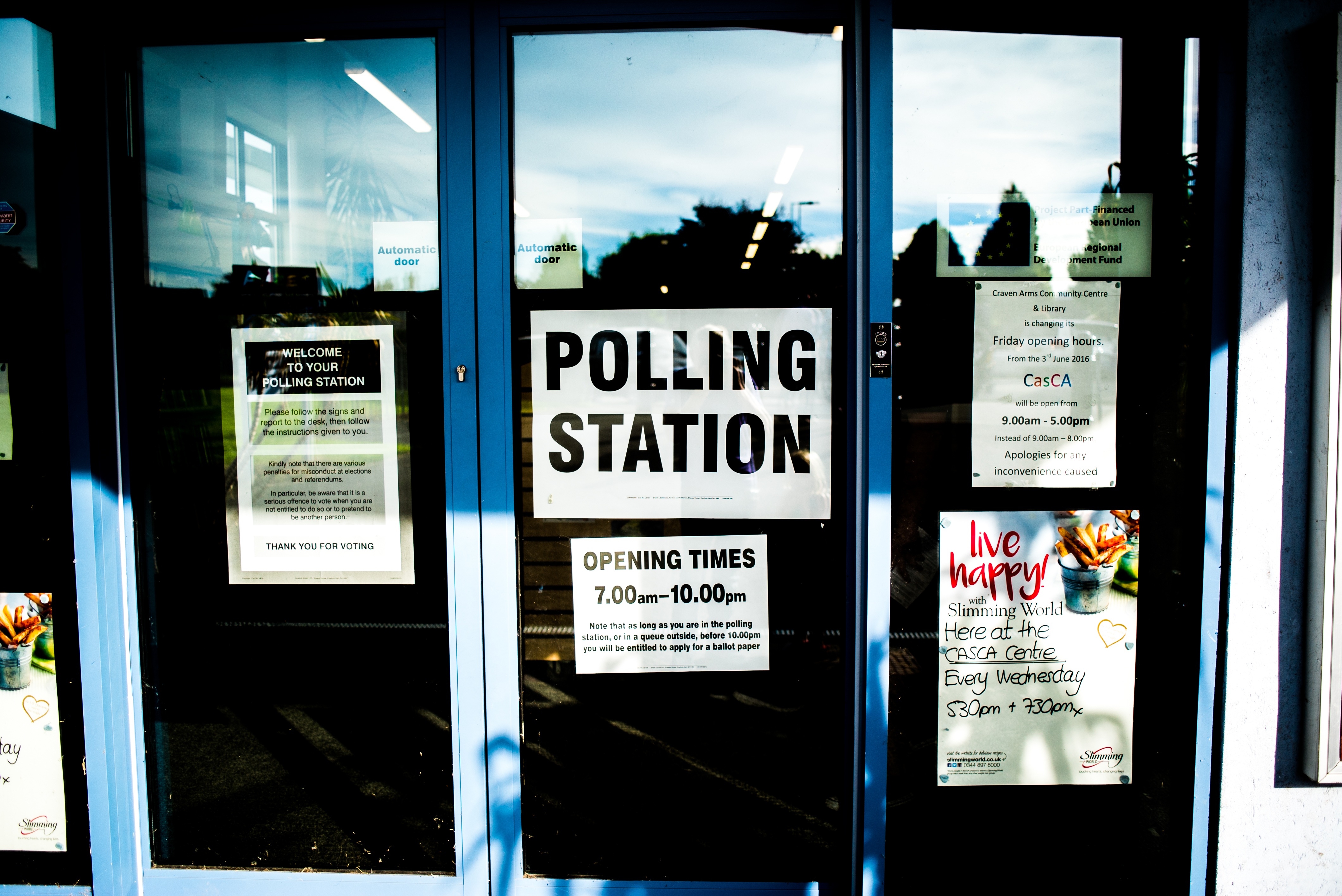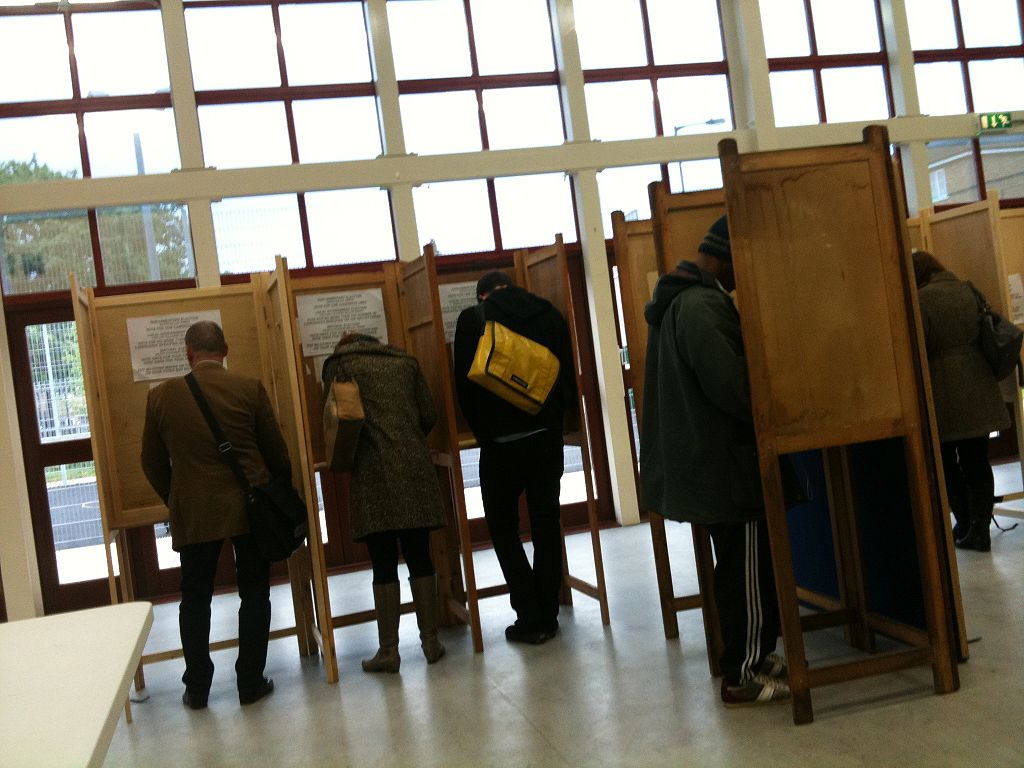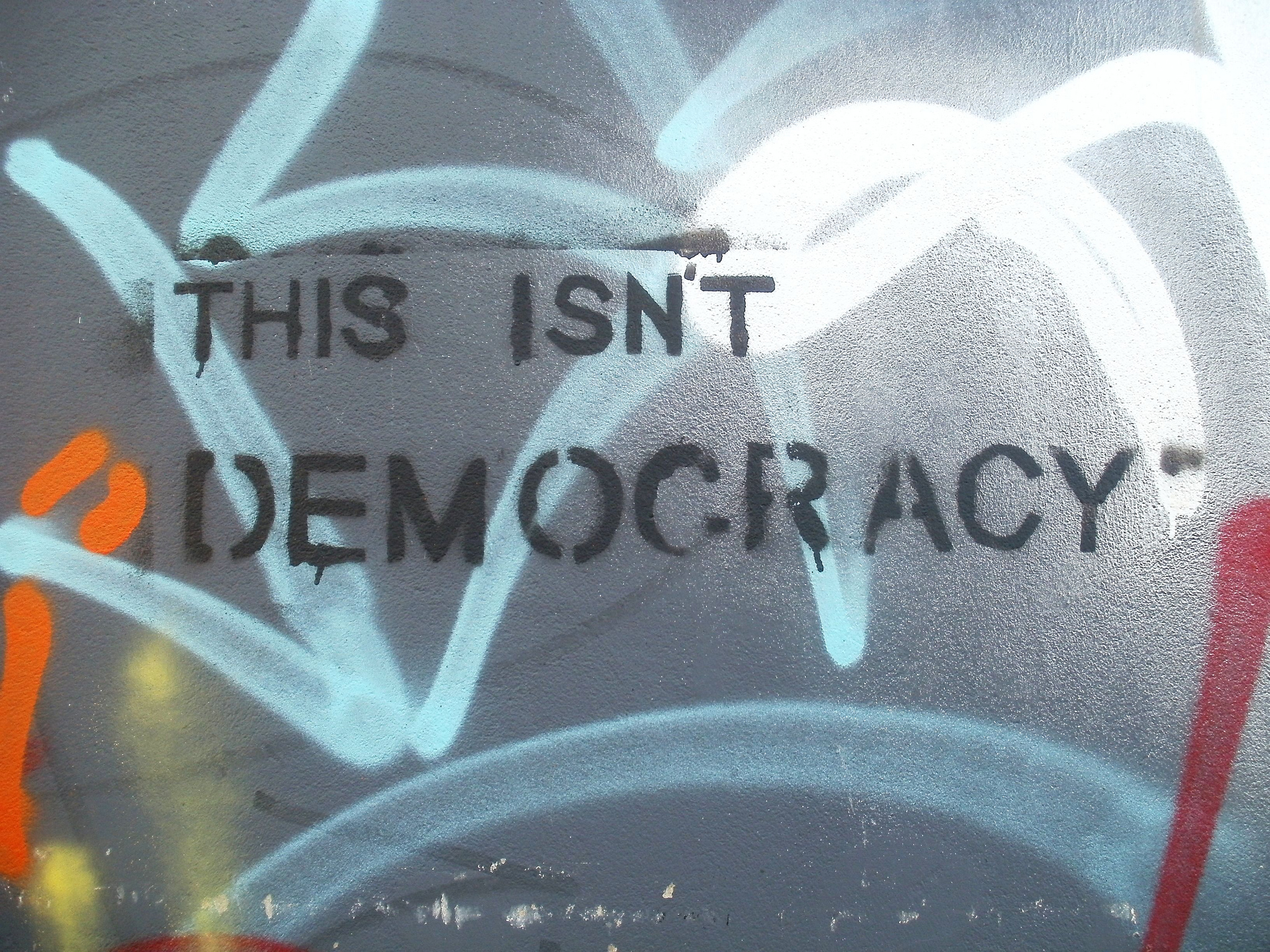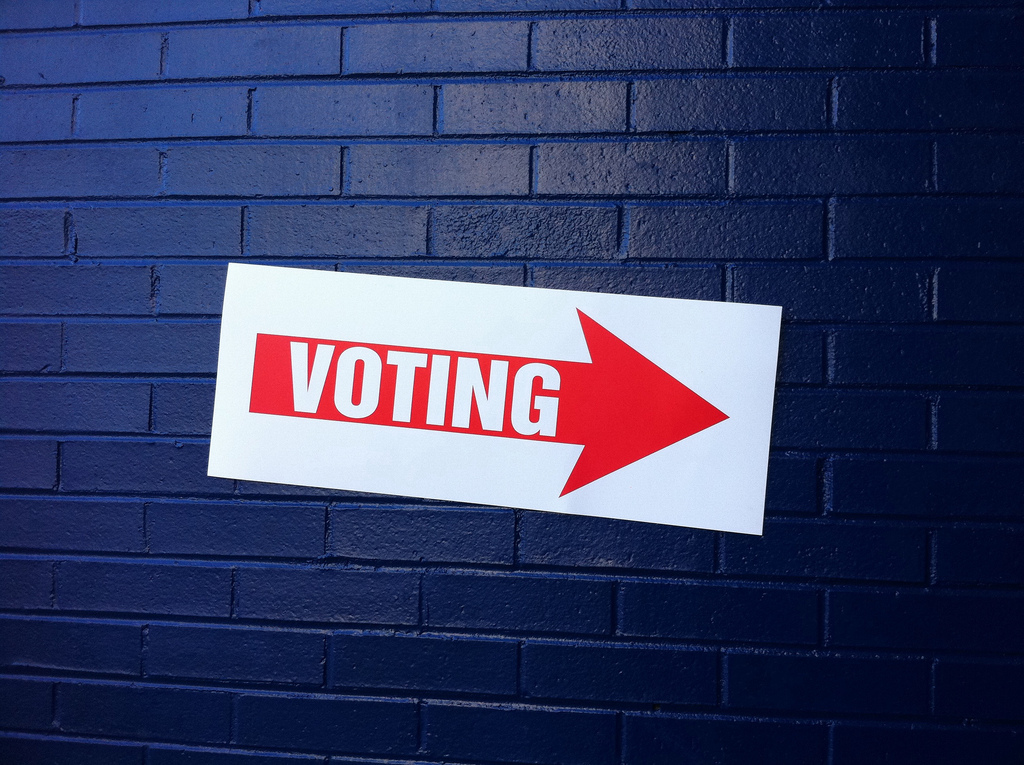One of the most heated debates over the role of the European Court of Human Rights, and its relationship with the UK, is the issue of prisoner voting.
In the United Kingdom, prisoners serving a custodial sentence are not allowed to vote. There are a few exceptions, such as for prisoners on remand (that is, people detained in custody who are awaiting trial). But apart from those few exclusions, there is generally a blanket ban on prisoners voting in the UK.
Being denied the vote is sometimes called “civic death”; it is a punishment of Victorian origins which entails the withdrawal of citizenship rights. Countries like Armenia, Bulgaria, Estonia, Georgia, Hungary and Russia have similar prohibitions. In Britain, the vexed issue of prisoner voting has become a sore point in relations between the European Court of Human Rights and the UK Government.
The origins of the prisoner voting saga

The debate really kicked off in 2005, when the European Court of Human Rights decided a case called Hirst v UK. John Hirst was sentenced to life imprisonment for manslaughter. Hirst initially went to the UK courts, arguing that the ban on prisoners voting violated the right to vote, which is protected under Article 3 Protocol 1 of the European Convention on Human Rights.
He lost in the national courts. Hirst then went up to the European Court of Human Rights. The Court said that the right to vote is “crucial to establishing… an effective and meaningful democracy governed by the rule of law“. The Court stated that the blanket ban on prisoner voting was an “automatic and indiscriminate restriction on a vitally important Convention right”. It declared (12 votes to 5) that the UK’s ban violated prisoners’ rights to vote.
Then… not much changed

There was no immediate change in the law in the UK as a result of the Hirst case. A consultation on how to change the law was launched, but the Government failed to take action before the May 2010 general election. After the Coalition Government came in, Prime Minister David Cameron took a strong stance against the Court’s decision, saying that giving prisoners the right to vote would make him physically sick.
The UK’s failure to implement the Hirst ruling led to another judgment against the UK. In Greens and MT v UK, the European Court unanimously held that the continued ban violated prisoners’ right to vote. The Court said it would not prescribe for the UK which prisoners should and should not be granted the vote. But it was unanimous that some change had to be made, and the lengthy delay meant that it had to impose a timetable for the UK to amend its voting laws. It set the deadline as 6 months from the judgment becoming final.
And now?
The judgment in Greens and MT v UK became final on the 11th of April 2011. There appeared to be little movement from the UK: in 2012, David Cameron promised: “Prisoners are not getting the vote under this Government”.
But in November 2012 the Justice Secretary published the Draft Voting Eligibility (Prisoners) Bill, and announced the establishment of a parliamentary Joint Committee to scrutinise the proposed legislation. The draft Bill contained three options. Options A and B suggested giving the vote to all prisoners serving sentences of less than 4 years or 6 months or less (respectively). Option C re-stated the existing complete prohibition on all convicted prisoners voting.
The Joint Committee considered the draft Bill and published a report on 18 December 2013. The report concluded:
- In a democracy the vote is a right, not a privilege: it should not be removed without good reason.
- There is an element of arbitrariness in selecting the custody threshold as the indicator of the type of offence that is so serious as to justify loss of the vote.
- There are no convincing penal-policy arguments in favour of disenfranchisement (that is, denying people the vote); but a case has been made that enfranchisement (giving people the vote) might assist prisoner rehabilitation by providing an incentive to re-engage with society.
- The enfranchisement of a few thousand prisoners is far outweighed by the importance of the rule of law and the desirability of remaining signed up to the European Convention on Human Rights.
The Joint Committee recommended that the Government introduce a Bill which should provide that all prisoners serving sentences of 12 months or less should be entitled to vote in all UK parliamentary, local and European elections. A letter from then-Justice Secretary Chris Grayling on 25 February 2014 stated that the matter was under “active consideration” by the Government. But years have passed, and the blanket ban on prisoner voting remains.
Two more European Court decisions (in 2014 and 2015) condemned the UK for failing to adhere to the Court’s decision, but refused to award monetary compensation to prisoners denied their right to vote.
Why does this matter?

The important point to understand about the Hirst case is that the European Court is not demanding that the UK give all prisoners the right to vote. It gives States a wide discretion to determine their voting laws. In some European countries – such as Denmark – every prisoner can vote, whereas in others – like Italy – some prisoners may not vote due to the gravity of their crimes. All the Hirst case said is that an automatic and general ban on voting is not acceptable.
It is a problem if the UK refuses to amend laws which violate human rights. The European Court has no mechanism to force the UK to change its laws. It relies on States to respect its decisions, as each State has agreed it would do. There is also the danger of a domino effect: if the UK ignores decisions of the European Court of Human Rights, other countries may consider it legitimate to follow suit.
The prohibition on prisoner voting rests on an out-of-date conception of punishment. But criminal justice has evolved: it is rehabilitating for people in prison to take part in the democratic process. Voting is not a privilege. It is a human right.
Learn more about why the right to vote matters with our explainer and our infographic poster. Read our more general prisoners’ rights explainer here.







